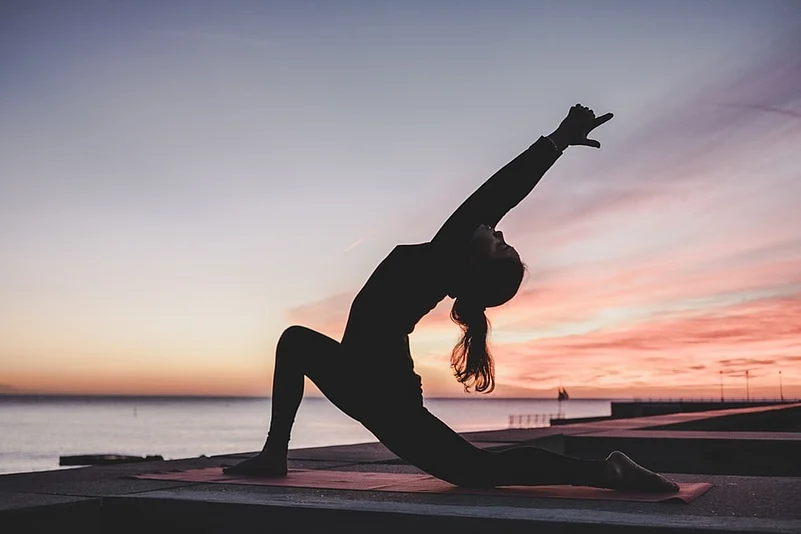As per the World Health Organization (WHO), health is defined as a state of physical, mental, social and spiritual well-being, and not merely absence of disease or infirmity. While it has always held great importance in the minds of people, the Covid-19 pandemic has acted as a stimulus for everyone to make changes to their routine lives and adopt newer habits that encourage and influence a healthier lifestyle. It has challenged our deep-rooted lifestyle and healthcare choices and made us question our approach towards the new normal. A study has indicated that there is an improvement in the consumption of healthy meals and restriction of unhealthy food items by people during the pandemic. However, increased physical inactivity, screen time and quarantine induced stress and anxiety have been counterproductive to the cause of overall health and wellness.
Advertisement
Hence, it is imperative for us to realize the need to find a solution that will help us fight these negative impacts of the pandemic. And yoga, the ancient wisdom of Indian origin is a holistic therapeutic solution to manage both, physical and psychological ailments inflicted due to the pandemic. Evidence shows that adopting a yoga and naturopathy-based lifestyle can help in reducing severity of symptoms and improving quality of life to fight infectious conditions.
Yoga practices include mind-body interventions which use a combination of muscular activity and mindful focus on awareness of the self, breath and energy resulting in an optimum health. It holds great promise to enhance the function of the immune system and act as a supportive treatment method for Covid management in patients with mild to moderate severity. While earlier studies indicate that yoga practices such as Kriya, Yogasana and Pranayama have beneficial effects on bodily functions such as reduction of airway reactivity, strengthening of the respiratory pump, controlling anti-viral activity and stress reduction, the ongoing clinical trial initiated by S-vyasa, is focused to further test the adjuvant potential of yoga to manage clinical symptoms, including viral load in mild to moderate Covid-19 patients.
Advertisement
Along with benefits directly impacting the physical health, yoga is also a powerful medium to manage mental health. According to a report on the impact of Covid on the mental health of the elderly in India, about 34.2 per cent respondents said they were worried of being isolated. As per another recent report, more than 65% of respondents aged between 18-24 years in India suffer from depression. Such rise in mental health distress can be attributed to reasons such as insecurity surrounding health, uncertain nature of the Covid infection, health impact and loss of family members and loss of employment among others. Hence, yoga which is defined as gaining mastery over the mind has a wide application in managing mental health as well.
In conclusion, yoga is an all-inclusive solution for not only positively influencing physical health, but also managing mental well-being during crucial and ambiguous times such as the pandemic. We are working with RESET, a premium holistic wellness centre to ensure remote and seamless accessibility of all our modules and initiatives to people through the power of digital media. It is important to understand the power of yoga and make it a part of our daily routine, as healthier changes made today, will go a long way in building stronger immunity and fight mechanism against infections such as Covid-19.
(Padmashree Dr. H. R. Nagendra- Chancellor, S-VYASA & President, Indian Yoga Association)




















